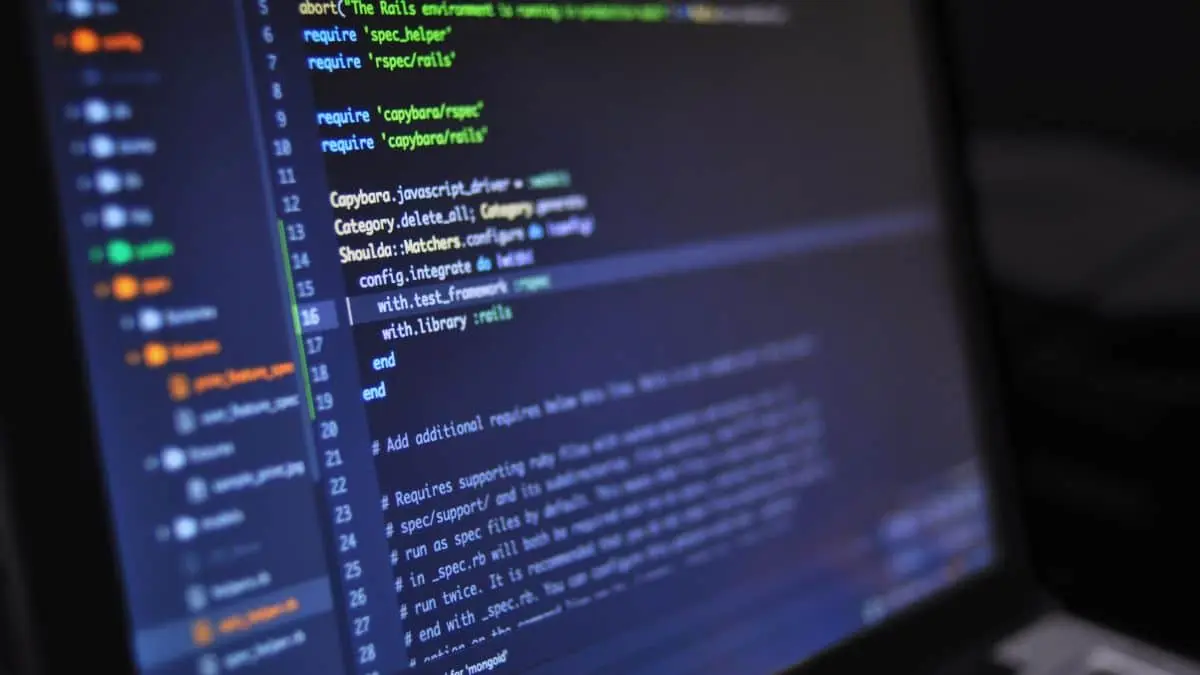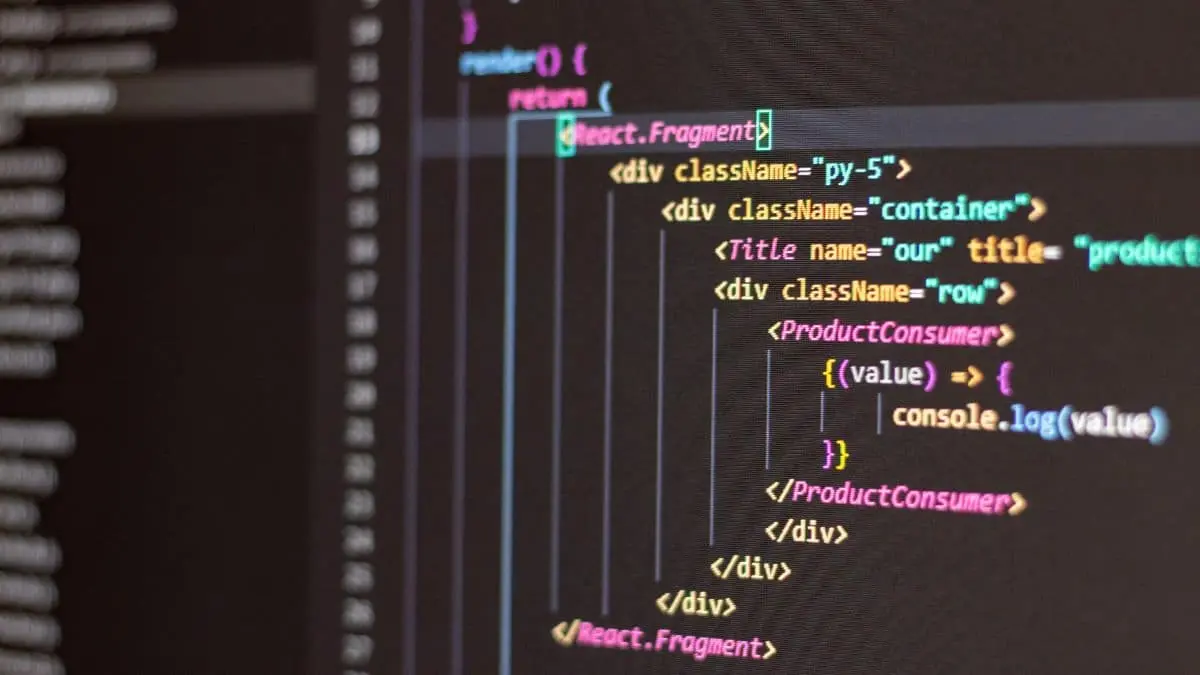In an era where technology permeates every aspect of our lives, coding has emerged as a skill akin to literacy. From the smartphones in our hands to the sophisticated systems that run our cars, code is the invisible language that governs our digital world. As a result, a growing trend has emerged in educational systems around the globe: teaching coding to children as part of the regular school curriculum.
But is this trend justified, or is coding becoming an unnecessary addition to an already crowded educational landscape? This debate has sparked impassioned arguments on both sides, with proponents touting the future career opportunities and cognitive benefits of learning to code, while detractors worry about the undue stress, the potential neglect of other essential subjects, and the practicality of implementing such programs in schools.

Why Coding is An Unnecessary Addition to the Curriculum?
Here we have mentioned 4 Key points in detail that talks about Why Coding is An Unnecessary Addition to the Curriculum?
Not Applicable to All Careers
Not every student will pursue a career in technology or computer science. For those who are focused on other disciplines such as humanities, arts, or certain social sciences, coding may not have a direct application. This leads to the argument that coding might not be a universally required skill.
Diverting Focus from Core Subjects
Critics argue that incorporating coding into the curriculum might take valuable time away from core subjects like mathematics, science, and language arts. Traditional subjects are the foundation of education, and there are concerns that allocating significant hours to coding might compromise the mastery of these fundamentals. Striking a balance between coding education and core subjects becomes a challenge that educators must carefully navigate.
Uneven Access to Resources
While the digital divide has been shrinking, disparities in access to technology and the internet persist. Introducing coding education in schools could inadvertently exacerbate these disparities, as students in underprivileged areas might not have the same level of access to computers or reliable internet connections. This imbalance could lead to unequal opportunities for students to engage with coding, further perpetuating existing inequalities.

Teacher Readiness and Training
For coding education to be effective, teachers need to possess a certain level of coding knowledge. However, many educators may not have received training in this area. Inadequate teacher readiness could hinder the quality of instruction and the overall learning experience. Investing in training programs for teachers is essential to ensure that coding education is delivered effectively.
Overcrowded Curriculum
The curriculum in many educational systems is already filled with core subjects that must be covered. Adding coding might crowd the schedule further, limiting the time available for other essential learning areas, including physical education, arts, and hands-on science projects.
Also Read: 10 Most Dangerous Scientific Development In The World That Can Destroy Planet



